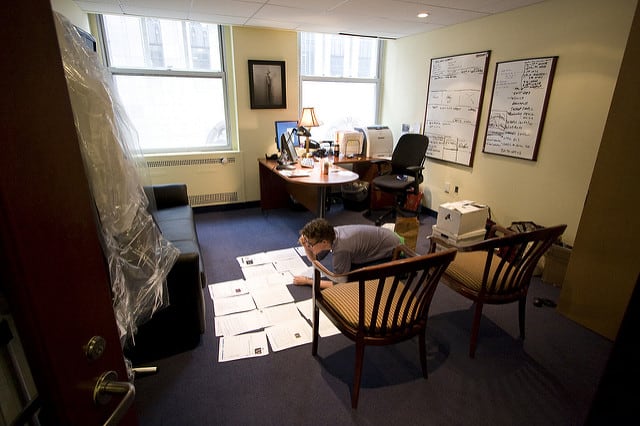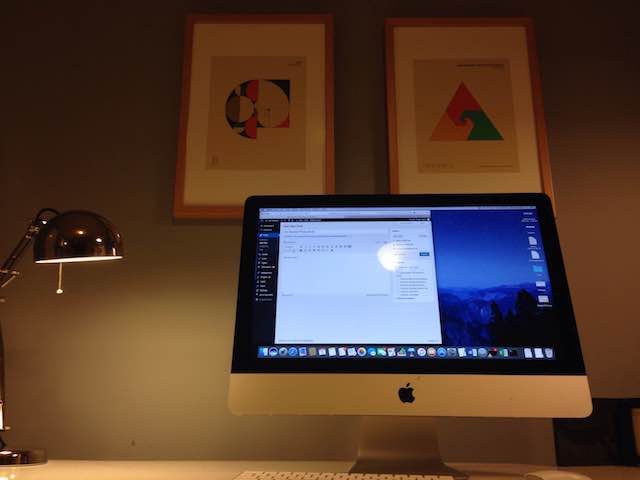
As you may know, over the past four years Scott Young and I developed an online course about career mastery called Top Performer. It teaches you how to apply the rules of deliberate practice and depth to systematically get ahead in your professional life. We’re planning on opening the course to new students next week. In anticipation for this next launch, Scott and I wanted to share a series of articles on interesting lessons we’ve learned about career mastery from the previous sessions of the course.
Below is the first such lesson. It was written by Scott. To avoid cluttering the blog, the subsequent lessons, and information about when/how to sign up for Top Performer next week, will be sent only to our email lists. If you’re interested, sign up for my email list in the box in the righthand column of my blog.
Take it away Scott…
A Common Complaint
One of the most common complaints Cal and I heard when working on Top Performer is that people feel stuck in their careers. They’re working hard, but they don’t know why they’re not getting ahead.
Sound familiar?
It turns out a big reason people get stuck has to do with a small distinction people rarely make when pursuing professional advancement: the difference between knowledge and meta-knowledge.
Meta-Knowledge
Doing well in your career requires two crucial factors: first, you need to be able to do your work well. This requires knowledge. If you’re a programmer, you need to master the languages you work with. If you’re an entrepreneur, you need to know your market and how to serve them. If you’re a lawyer, you need to have a rich knowledge of the law.
However, this is only the first factor. The second is meta-knowledge.
Meta-knowledge is knowledge about how your career works. For example, which skills matter, and which you should ignore, and how best demonstrate your talent in your particular industry, and so on.
This second factor is often invisible and many people can go their entire careers without getting a very good picture of how people succeed beyond their current station.
One of Cal and my students from Top Performer, Chris L., didn’t even realize that he was missing it, telling us: “I was frustrated specifically because I thought I was doing a good job, and I see people who I don’t think are doing a good job and they’re getting ahead of me. I work hard, but nothing happens.”
He had knowledge but didn’t realize he was missing meta-knowledge.
Read more






